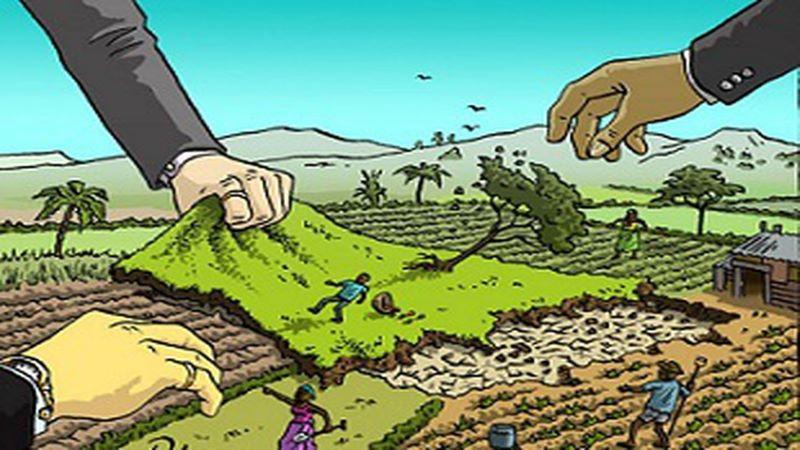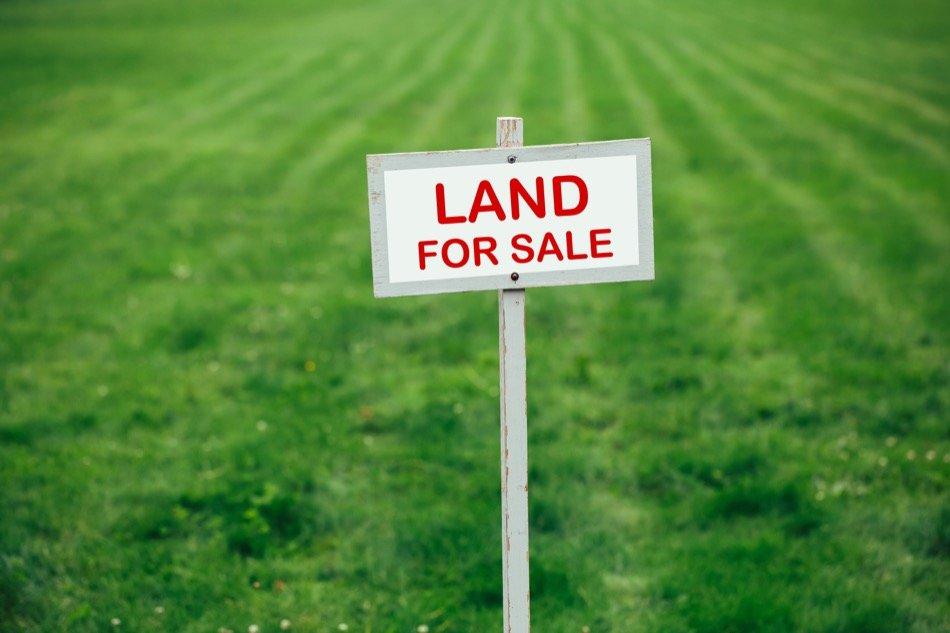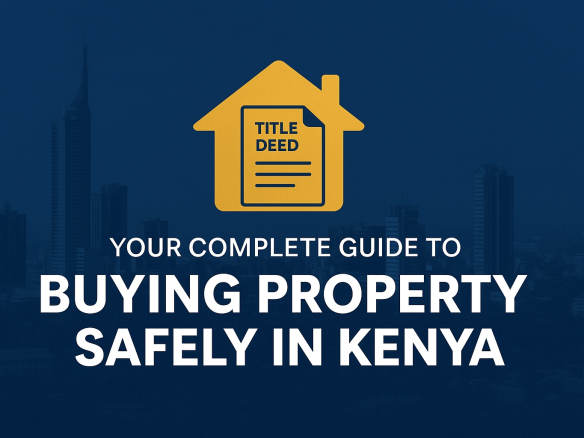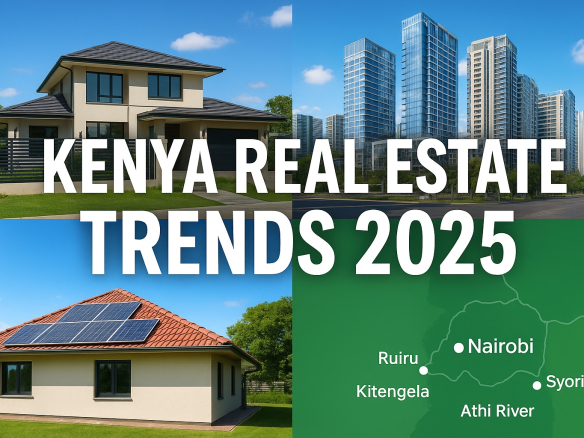Land Buying & Selling Companies in Kenya – 50 Frequently Asked Questions (FAQs)
General Information
1. What are land buying and selling companies in Kenya?
These are professional real estate firms that specialize in helping clients buy, sell, and manage land safely and legally, while ensuring compliance with Kenyan property laws.
2. Why are land buying and selling companies important in Kenya?
They reduce risks of fraud, land grabbing, disputes, and illegal transactions by conducting due diligence and providing professional guidance.
3. Are these companies regulated by the government?
Yes. They must be registered with the Estate Agents Registration Board (EARB) and comply with the Land Act, Land Registration Act, and other Kenyan land laws.
4. What services do land buying and selling companies in Kenya offer?
They provide:
Land searches & verification
Title deed transfers
Property valuation
Marketing for sellers
Legal and documentation support
Change of land use applications
5. What is the difference between buying land directly and using a land buying company?
Direct purchase is riskier. A company provides professional checks, secure payments, and legal support that protect you from fraud and disputes.
Land Ownership & Legal Matters
6. Can foreigners buy land in Kenya?
Foreigners cannot own freehold land but can lease land for up to 99 years or invest through joint ventures with Kenyan citizens.
7. What is the difference between freehold and leasehold land?
Freehold: Full ownership with minimal restrictions.
Leasehold: Land is leased for a set period (33, 50, or 99 years) and may have conditions.
8. What is a title deed in Kenya?
A title deed is the official proof of land ownership issued by the Ministry of Lands.
9. How do I confirm that a title deed is genuine?
Perform a land search at the Ministry of Lands or eCitizen portal and cross-check with the local land registry.
10. What is a green card in land ownership?
It is the land registry record showing the ownership history of a parcel of land.
Land Buying Process
11. What is the process of buying land in Kenya?
Conduct a land search
Verify documents
Hire a lawyer and valuer
Sign a sale agreement
Pay via secure channels
Transfer ownership at the land registry
12. How long does it take to buy land in Kenya?
Typically 30–90 days, depending on searches, approvals, and clearances.
13. Do I need a lawyer when buying land?
Yes. Lawyers prepare contracts, review documents, and ensure compliance with Kenyan land laws.
14. Do I need a property valuer?
Yes. A registered valuer determines the fair market price, protecting you from overpricing.
15. What is the role of a surveyor when buying land?
Surveyors confirm boundaries, acreage, and accuracy of land maps to avoid disputes.
Land Selling Process
16. What documents are required when selling land?
Original title deed
Copy of ID & KRA PIN
Land rates clearance certificate
Sale agreement
17. Do I need a lawyer when selling land?
Yes. A lawyer ensures legal compliance, prepares the agreement, and protects the seller’s rights.
18. How long does it take to sell land?
Between 30–120 days, depending on market demand, pricing, and documentation.
19. Can I sell land under a loan or charge?
Yes, but the bank’s consent is required, and the charge must be cleared during the transfer.
20. What taxes apply when selling land in Kenya?
Sellers must pay Capital Gains Tax (CGT), currently at 15% of the net gain.
Costs & Fees
21. What are the costs of buying land in Kenya?
Stamp duty (2% rural, 4% urban)
Legal fees
Valuation fees
Registration charges
Survey fees (if applicable)
22. Who pays stamp duty?
The buyer.
23. What are legal fees when buying land?
They are calculated as a percentage of the land’s value, as per the Advocates Remuneration Order.
24. What are valuation fees?
Fees paid to a registered valuer to assess the land’s fair market value.
25. Do land buying companies charge commissions?
Yes, usually 1.5% to 3% of the transaction value.
Land Safety, Fraud & Land Grabbers
26. Who are land grabbers in Kenya?
They are individuals or groups who illegally occupy, forge documents, or sell land that is not theirs.
27. How do I avoid land grabbers?
Always do a land search
Involve a lawyer
Visit the land physically
Verify seller’s ID and KRA PIN
Ensure the title matches the land location
28. Can land grabbers forge title deeds?
Yes. Some use fake or duplicate titles, making verification crucial.
29. What should I do if I suspect land fraud?
Report to the DCI Land Fraud Unit, Ministry of Lands, and EACC, and engage a lawyer.
30. Can a land buying company protect me from fraud?
Yes. They conduct due diligence, authenticate documents, and safeguard payments.
Land Verification & Due Diligence
31. What is a land search?
A process at the Ministry of Lands to confirm ownership, size, charges, and caveats.
32. What is a caveat?
A legal notice restricting transactions on land until an issue is resolved.
33. What is adverse possession?
If someone occupies land for 12 years without consent, they can claim ownership in court.
34. Can one parcel of land have two title deeds?
No. If it does, it is likely fraudulent.
35. What is the importance of visiting the land before purchase?
It ensures the land exists, matches the title deed, and is free of encroachment.
Land Use & Investment
36. What types of land can I buy in Kenya?
Residential, agricultural, commercial, industrial, and mixed-use plots.
37. Can I convert agricultural land to commercial?
Yes, by applying for change of user at the county government.
38. Is land a good investment in Kenya?
Yes. Land generally appreciates in value and offers long-term returns.
39. What factors affect land prices?
Location
Accessibility
Infrastructure
Demand & zoning regulations
40. Do land buying companies provide investment advice?
Yes. Many offer real estate consultancy to guide buyers on profitable investments.
Working With Land Buying & Selling Companies
41. How do I choose a reliable land buying company in Kenya?
Check registration, licenses, reputation, client reviews, and transparency.
42. Do these companies offer financing?
Some partner with banks, SACCOs, and microfinance institutions.
43. Do they handle succession-related land transfers?
Yes, they assist after court succession processes are completed.
44. Can I buy land jointly with others through these companies?
Yes. They facilitate co-ownership agreements and joint ventures.
45. Do these companies provide after-sale services?
Yes. They help with title transfers, land rates clearance, and registration follow-ups.
Advanced Services
46. Do land companies handle land subdivision?
Yes, in partnership with licensed surveyors.
47. Can they help with land consolidation (amalgamation)?
Yes. They assist in merging multiple parcels into one title.
48. Do they assist with government approvals?
Yes. They handle NEMA approvals, zoning, and county permits.
49. Do they also provide motor vehicle and asset valuations?
Some diversified firms offer motor vehicle valuation, plant & machinery appraisal, and property assessments.
50. Can land buying companies in Kenya manage property on behalf of clients?
Yes. Many also offer estate agency, property management, and rental services.






Join The Discussion